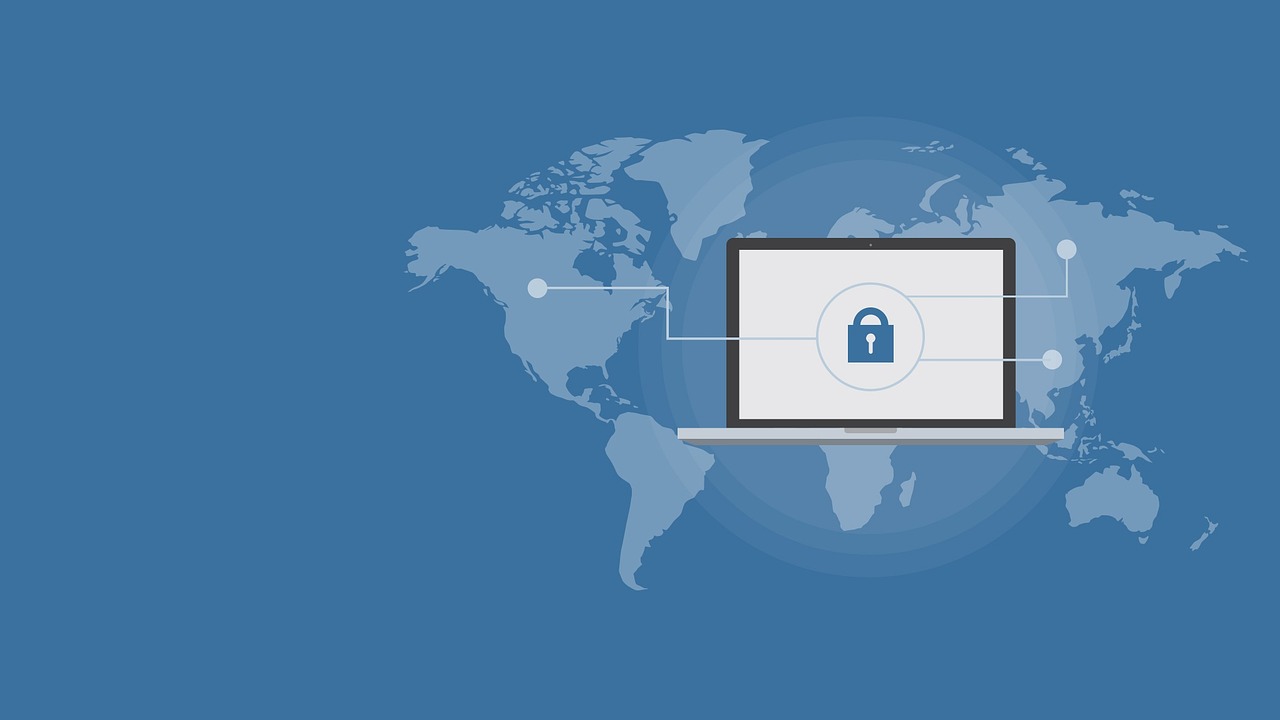 The internet has become an integral part of our daily lives, serving as a gateway to endless information and opportunities. However, with the vast benefits of the online world come potential risks, particularly when it comes to web browser security. Cyber threats such as malware, phishing attacks, and data breaches are prevalent, making it crucial for users to fortify their browsers and safeguard their digital existence. Here we will explore the best ways to secure your web browser and ensure a safer online experience.
The internet has become an integral part of our daily lives, serving as a gateway to endless information and opportunities. However, with the vast benefits of the online world come potential risks, particularly when it comes to web browser security. Cyber threats such as malware, phishing attacks, and data breaches are prevalent, making it crucial for users to fortify their browsers and safeguard their digital existence. Here we will explore the best ways to secure your web browser and ensure a safer online experience.
Keep Your Browser Updated:
One of the simplest yet most effective ways to enhance browser security is to keep it updated regularly. Browser developers continually release patches and security updates to address vulnerabilities and improve overall performance. By enabling automatic updates or checking for updates manually, you ensure that your browser has the latest defenses against emerging threats.
Use a Secure Browser:
Opting for a reputable, security-focused web browser can significantly reduce the chances of encountering security breaches. Browsers like Google Chrome, Mozilla Firefox, and Microsoft Edge regularly undergo rigorous security audits, making them a safer choice compared to lesser-known alternatives. Always download browsers directly from official sources to avoid malicious imitations.
Enable HTTPS and Use Secure Websites:
HTTPS (HyperText Transfer Protocol Secure) encrypts data transmitted between your browser and websites, safeguarding your information from potential eavesdropping or data theft. Look for the padlock icon in the address bar, indicating a secure connection. Whenever possible, visit websites with HTTPS protocols to minimize security risks.
Employ Strong Passwords and Two-Factor Authentication:
Creating robust, unique passwords for your accounts is fundamental in web browser security. Avoid using easily guessable information and opt for complex combinations of letters, numbers, and special characters. Additionally, enable two-factor authentication (2FA) whenever available, as it adds an extra layer of protection to your accounts.
Be Wary of Extensions and Plugins:
While browser extensions and plugins can enhance your browsing experience, they also pose potential security risks. Limit the number of extensions you install and only choose reputable ones from verified sources. Regularly review and remove any unnecessary or unused extensions to minimize the risk of compromise.
Install a Reliable Antivirus and Firewall:
Complement your browser's security measures with robust antivirus software and a firewall. These essential tools help identify and block malicious content, protecting your system from various cyber threats. Keep both the antivirus software and firewall updated to ensure they can effectively defend against the latest threats.
Implement Privacy Settings:
Most modern browsers offer privacy settings that empower users to control their online data. Review and adjust these settings according to your preferences, restricting websites from tracking your activities, storing cookies, or accessing your location without permission.
Educate Yourself About Phishing:
Phishing remains a prevalent threat in the digital landscape. Be cautious of suspicious emails, links, and pop-ups that may lead to fraudulent websites seeking to steal your personal information. Double-check the URLs of websites before entering any sensitive data and never share confidential information through unsolicited channels.
Securing your web browser is a vital step in safeguarding your online experience from potential cyber threats. By keeping your browser updated, using secure websites with HTTPS, employing strong passwords and 2FA, being cautious of extensions, and having reliable antivirus and firewall protection, you can significantly reduce the risk of falling victim to online attacks. Additionally, understanding phishing techniques and adjusting privacy settings further enhances your browser's armor. Taking these precautions ensures a safer, more enjoyable journey as you explore the vast expanse of the internet. Stay vigilant, stay informed, and stay secure.



